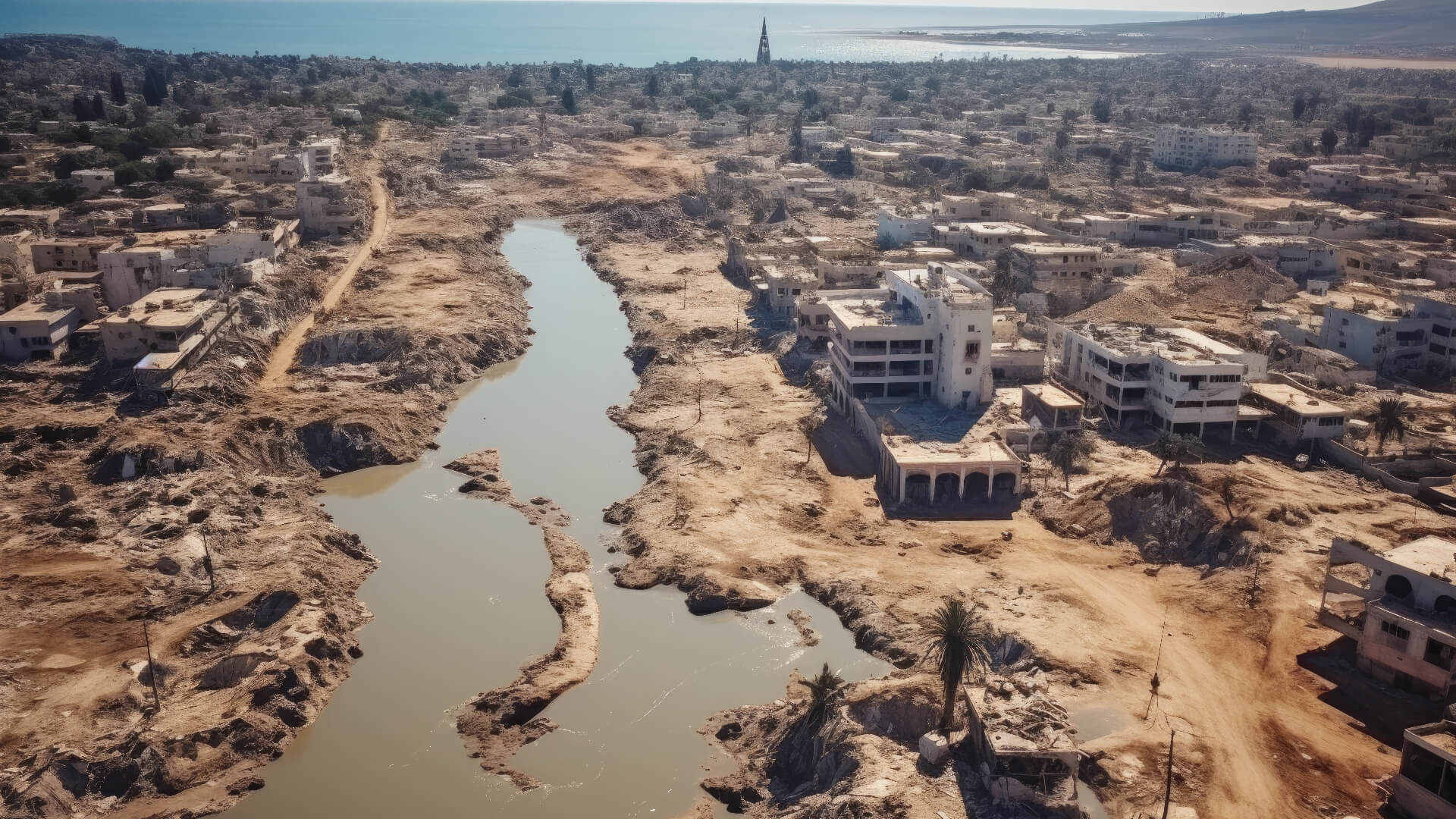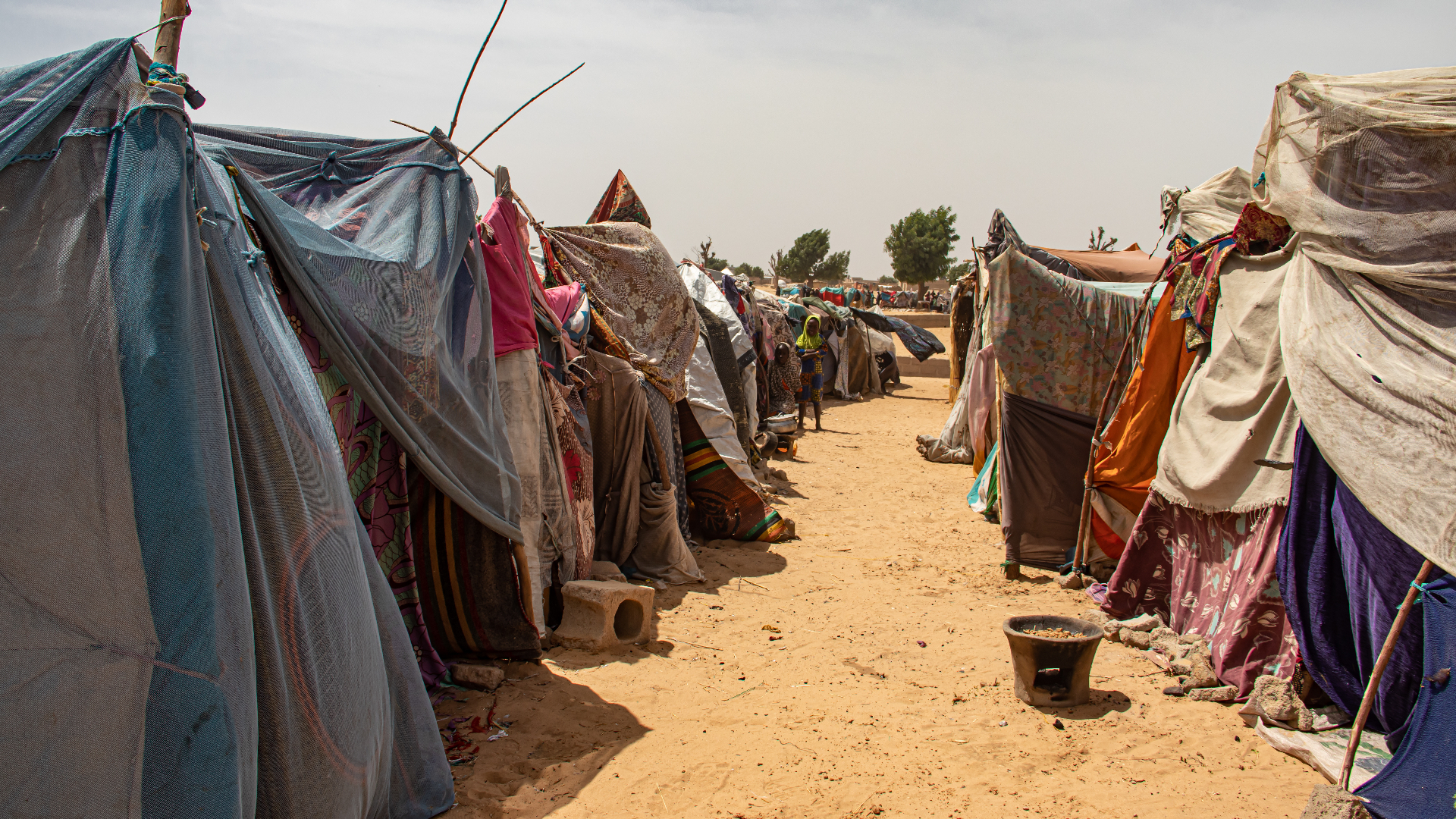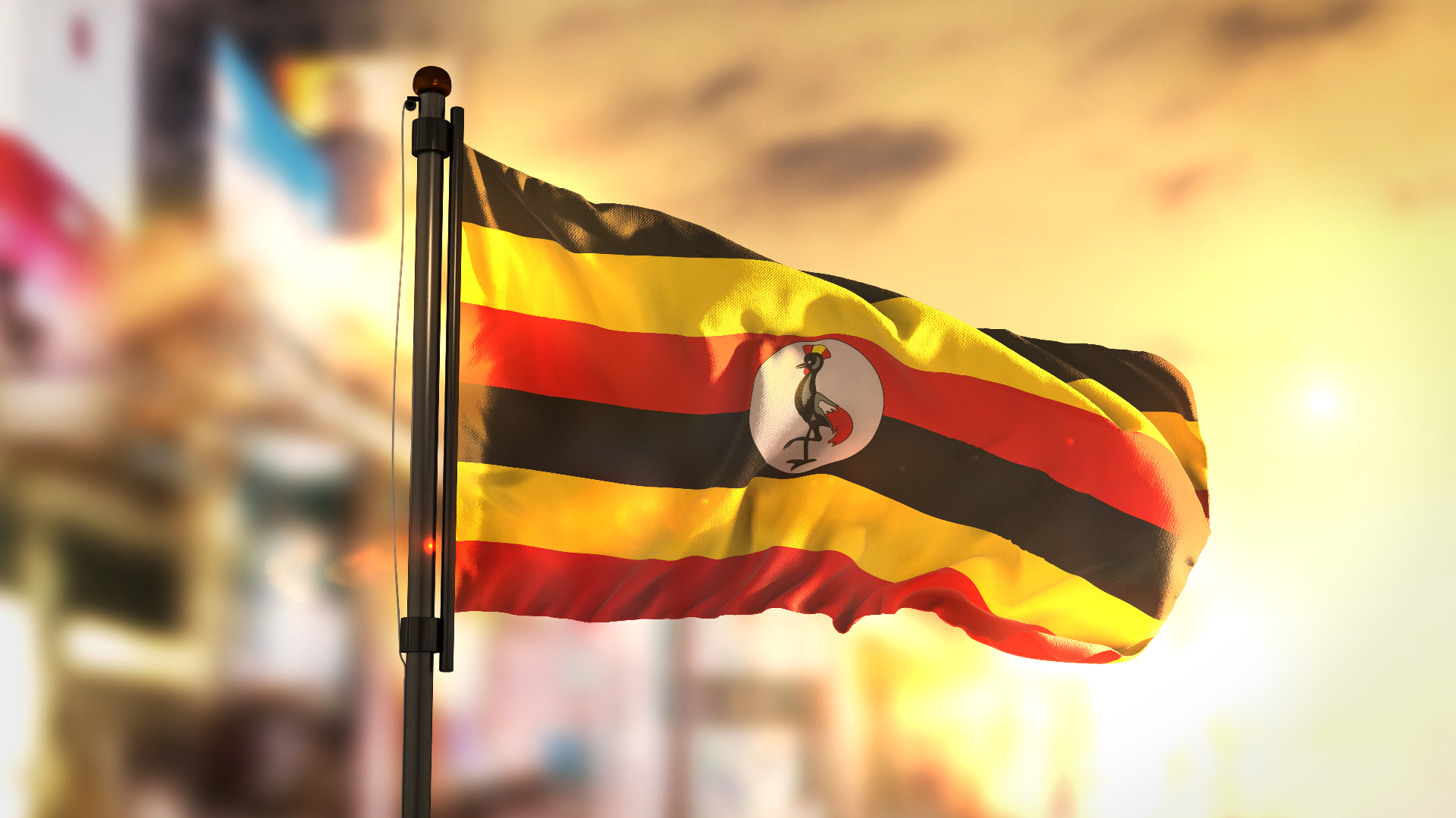Tag: Africa


The elite v. the people: Nigeria’s “cashless experiment”
December 14, 2023 | Post
A cashless society: the International Monetary Fund (IMF) calls it the future of money. The World Economic Forum (WEF) was enthusiastic about the concept way before it was cool. In the United States, the usual suspects such as the Brookings Institute and the New York Times ask our leaders to have the boldness and courage to follow this new path.

Libya: a cautionary tale against interventionism
September 19, 2023 | Post
This month’s devastating floods affecting Libya have brought the country back to the forefront of international media. In the annals of international relations, Libya stands as a stark reminder of the perils of interventionism.

Why are people in Sudan running for their lives again?
July 18, 2023 | Post
Leaders on both sides of the conflict in Sudan have inflicted political repression as they strive to maintain their grip on power. Activists, journalists, and civil society organizations face harassment, arrests, and imprisonment, effectively undermining their right to political participation.

Why is Africa poor? Is colonization the root cause?
June 16, 2023 | Post
“Colonization is why Africa is so poor” is something I hear all the time. But it was not until recently that I realized: This impulsive defense of Africa is far from the full truth.

Why some countries succeed and others don’t
March 6, 2023 | Post
Why are some countries successful while others aren’t? Is it down to natural resources, colonialism, or can it be better explained by something else?

The Misuse of Social Media Act: a threat to freedom of expression in Uganda
February 27, 2023 | Post
The provisions in the Misuse of Social Media Act passed by Uganda’s Parliament are highly restrictive and pose a direct threat to digital freedom. Here’s a quick breakdown of how and why…

How the profit motive can protect the environment
August 22, 2022 | Post
The pursuit of profit in the free market is often cited as the main cause of environmental disasters and poor environmental quality, leading to a lot of blame placed on entrepreneurs. However, this is certainly not set in stone. Indeed, the pursuit of profit can actually protect the environment, rather than devastate it.

Botswana: a triumph of capitalism in Africa
November 12, 2021 | Post
By embracing capitalism, Botswana went from one of the poorest nations in the world to one of the fastest growing economies.

The real reason young people can’t get jobs in Africa
September 20, 2017 | Post
Given that Africa has the world’s youngest population, the lack of steady, formal-sector jobs is an enormous political and economic risk factor. Unemployed youth are more likely to be criminals, may be lured into militant groups, and contribute to political unrest.

This company helps African farmers secure their land rights.
June 29, 2017 | Post
A for-profit company is helping rural Africans earn money from their land by securing their property rights.

